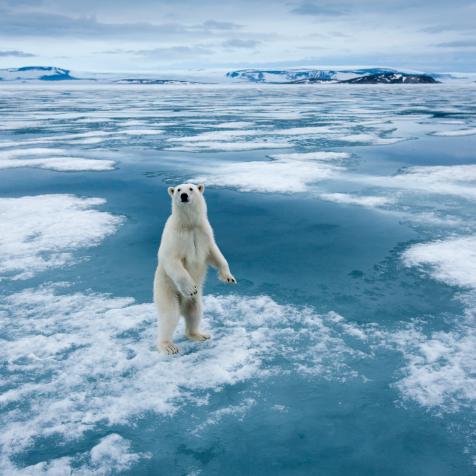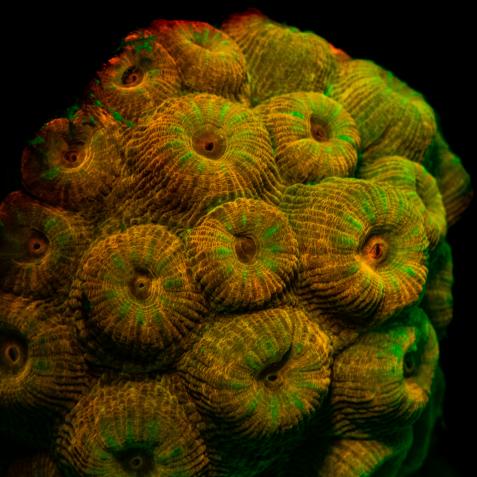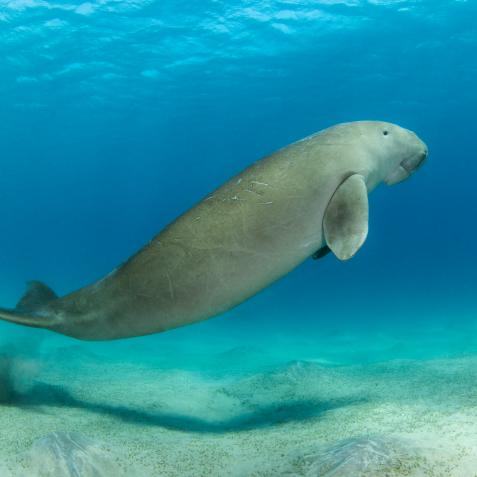
Georgette Douwma
First Marine Biologist to Win Prestigious Conservation Award
A woman has become the first marine biologist to win a $250,000 environmental prize for her work on preserving seahorses.
Amanda Vincent was awarded the prestigious Indianapolis Prize in order to recognize her efforts to protect 47 species of the marine creatures. Vincent is not only professor at the University of British Columbia's Institute for Oceans and Fisheries, but also as co-founder and director of Project Seahorse. The award is considered one of the top in the animal conservation community. Given by the Indianapolis Zoological Society, Vincent said she was “super excited” to win.
The Work Pays Off

Georgette Douwma
“We have worked so hard under really difficult circumstances sometimes," said Vincent, a Toronto native, told the IndyStar. "Such applause as the Indianapolis Prize really makes a world of difference in lifting you and propelling you forward with greater momentum ... I'm super excited and happy.” The prize is meant to honor those in the conservation world who are going to great lengths to protect animals and their ecosystems. The Canadian scientist’s efforts to protect seahorses was described as “heroic” by the president of the Indianapolis Zoological Society.
“Dr. Vincent brings a collaborative, culturally sensitive and solutions-focused approach to ocean conservation," said Rob Shumaker. “She inspires people to action and drives positive outcomes for marine species. It’s our privilege to recognize and reward her for her immeasurable impact on ocean conservation and the future of seahorses around the world.”
Protect the Ocean and Its Inhabitants

Navith Yasasindhu / EyeEm
Vincent started getting involved in protecting seahorses because she was so fascinated by the males giving birth. She has studied the fish in 38 countries, as well as co-authoring a taxonomy that distinguishes between the 44 species. Vincent was also part-responsible for the United Nations Convention on International Trade in Endangered Species to combat global seahorse trade.
Following the commitment by the UN, countries that exported 96% of dried seahorses that were illegally sold have now completely suspended trade in the fish. The biologist has been a finalist before, in 2010 and 2016, and hopes now a marine biologist has won the prize, it will encourage others to help conserve the ocean and its inhabitants.
Human Threat
According to the International Union for Conservation of Nature, seahorses are also threatened by human encroachment on their habitat, water pollution, being accidentally caught up in shrimp trawl and other fisheries, and the trade for ornamental display, aquarium fishes and traditional Chinese medicine.
More than 20 million of seahorses are estimated to be traded each year for Chinese medicine, says Endangered Species International. Some species are made particularly vulnerable by the fact that they have such limited geographical range. In the case of the Cape seahorse, it lives in just a handful of South African estuaries. They are most commonly found in Australia, China and the Philippines.
“When seahorses mate underwater it’s like a ballet,” Vincent said. “Every time I see that, I feel ecstatic," Vincent said. "I've been lucky to see it a number of times."









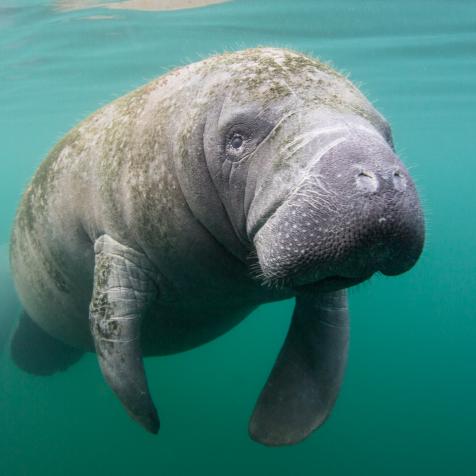
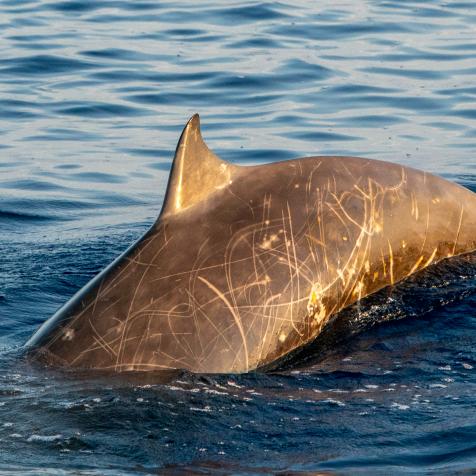

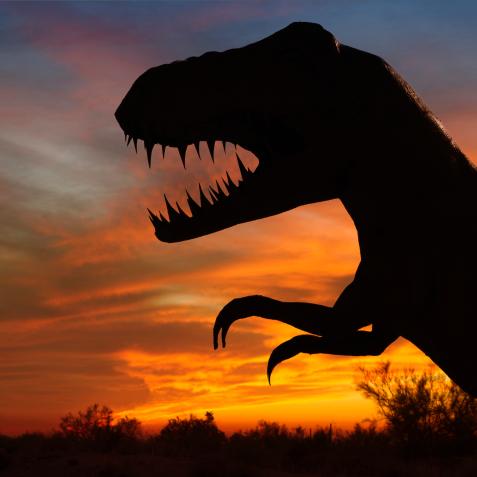

.JPG.rend.hgtvcom.476.476.suffix/1591739192725.jpeg)
